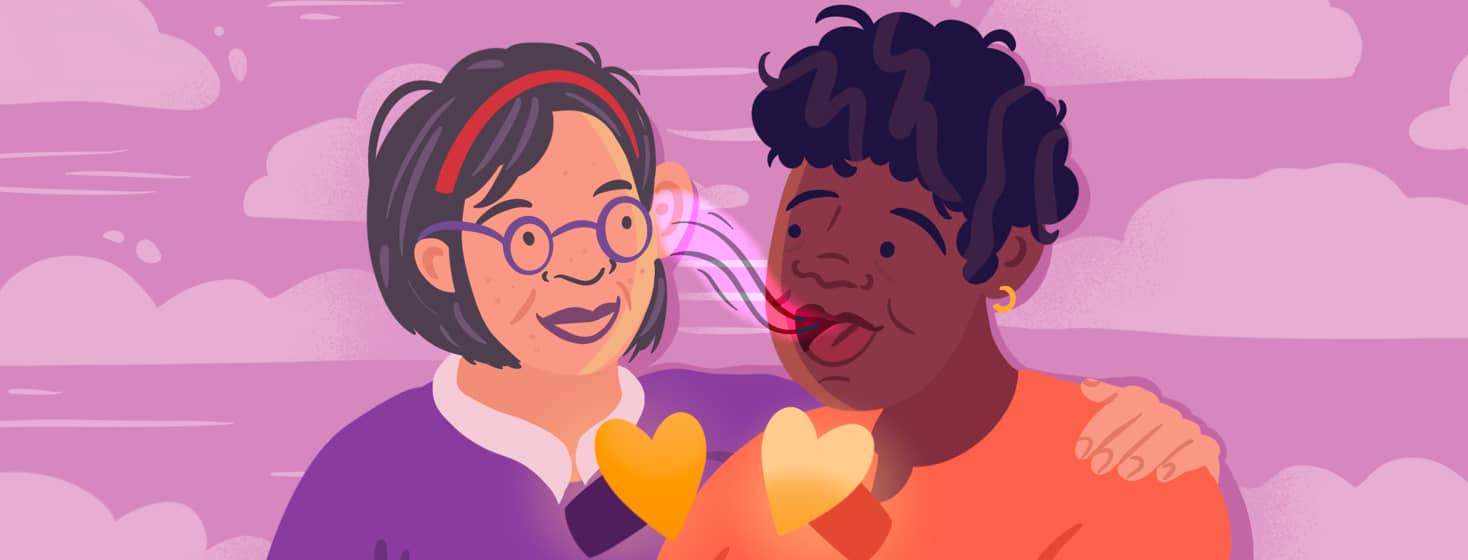Beyond the Alzheimer’s Disease Process: Treating People With Dignity
Alzheimer's disease slowly began to change every aspect of both of my parent's lives. Quite honestly, every aspect of my life too. My parents had spent a lifetime giving back to the world with their talents, time, and wisdom.
Dad was a dancer, spoke English and Polish, was a truck driver, and was a jack of all trades. He was charismatic by nature and full of humor. Mom was one of the sweetest, kind, most caring, and most compassionate people I have ever met. She was an elementary school teacher. She was an avid reader and loved flowers and gardening. Her favorite flowers were daisies and pink roses.
My parents were not their diagnosis
It was a long battle for both of my parents. As the years progressed and their limitations became more apparent. I started to notice that people began to treat my parents for the disease that took over their life and not for who they were as unique human beings.
Noticeable societal changes
As Alzheimer's disease progressed, many changes occurred to how society as a whole reacted to my parents.
- People no longer looked them in the eyes when they talked to them
- Friends and some family seemed to visit less and less
- It appeared that the bulk of society viewed my parents as a burden because they couldn't function in the capacity they once did
My loved ones with an Alzheimer's diagnosis are not a burden
Caregiving for a loved one with severe cognitive and physical changes impacting their daily living skills is extremely challenging. There are many, many obstacles that a caregiver faces. It's exhausting and very emotionally and physically draining.
The many comments I received from people were ones of pity. Comments like, "I feel so bad that you are carrying such a heavy load, caring for your parents." Words like this would make me so very angry.
It made me feel like my parents were being viewed as their diagnosis instead of the unique and amazing individuals they were. The same people who gave life and memories to me and raised me would never ever be viewed as a burden.
Featured Forum
View all responsesTreating those with Alzheimer's diagnosis with dignity
I advocated for my parents. It was an honor to do so. If given the chance, I would do it all over again. Sometimes I felt like my words went unheard by many. However, I said them anyways. I was their voice when they were not able to be present. Everyone who encountered them learned who they were and all the qualities that made them unique and special.
Treating someone with a little dignity can go a long way
When we care for the person and not the disease, we are presenting the person battling Alzheimer's disease with the care and compassion they deserve. How we respond to those affected with Alzheimer's disease is the only part of the entire process we can control.
Some simple solutions to treating someone with dignity can include:
- Always look someone in the eye when speaking with them
- Present a choice to a person (simplify as necessary)
- Just listen to a person
- Learn someone's interests

Join the conversation